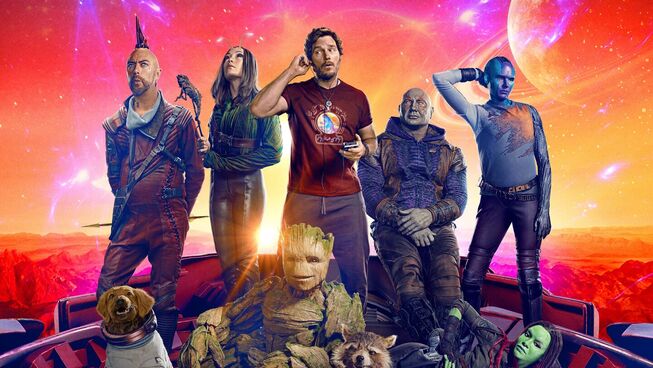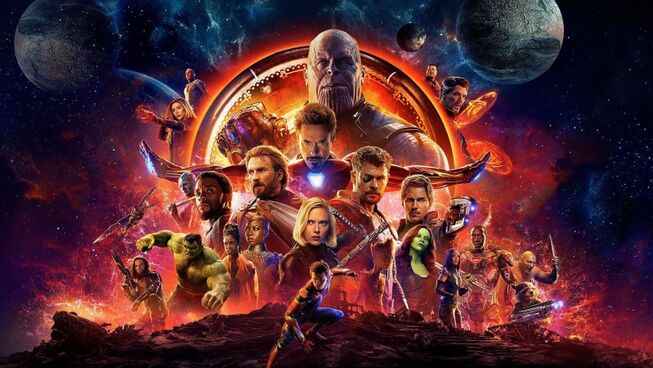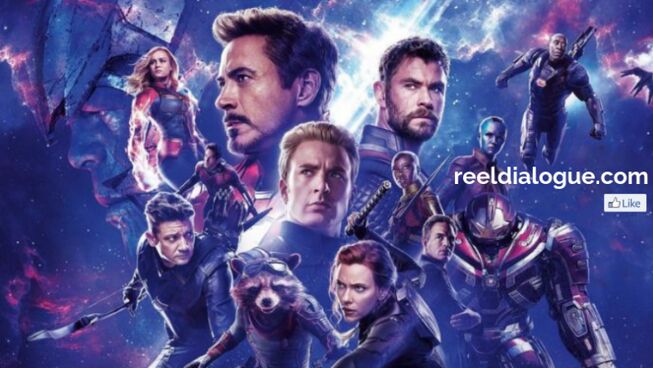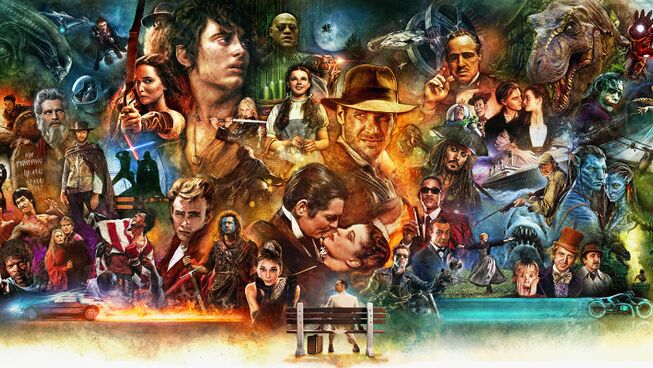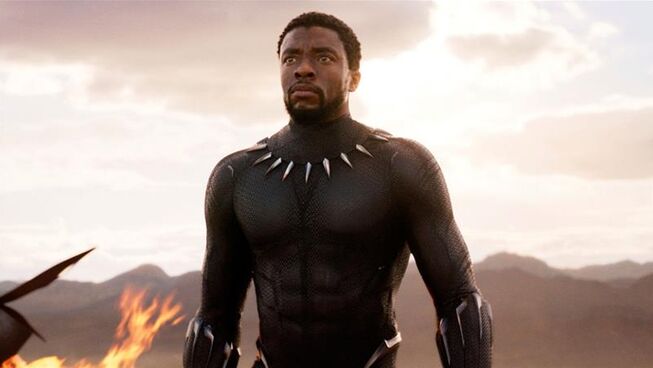
4 out of 5 stars
'I've waited my whole life for this. The world's going to start over. I'm gonna burn it all!' - Erik Killmonger
Black Panther (Chadwick Boseman) was introduced into the Marvel Cinematic Universe in Captain America: Civil War (2016) and has quickly got onto developing a strong worldwide following. What makes this superhero iconic and differentiates him from other comic book stars beside being from the fictional African nation of Wakanda is that he is the first African comic book figure. Introduced by Stan Lee and the team at Marvel in 1966, he has a long history of this world by partnering with Fantastic Four, X-Men and now the Avengers. Even with these supercharged partnerships and his own long-running series of graphic novels, he is about to bring his African power to cinemas with his origin story.
The cinematic development of this character began with a tragedy occurring during Captian America: Civil War at the United Nations where King T’Chaka (John Kani) dies at the hands of the terrorist, Zemo (Daniel Brühl). Even with the eventual capture of this assassin, his actions cause long-term divisions amongst the Avengers and a devastating impact on the leadership of Wakanda. After banding together with Captain America and the Winter Soldier, Prince T’Challa must do all he can to take on the mantle of Black Panther and the king of his homeland while the people grieve the loss of his father.
During the challenge for leadership amongst the tribes of the African nation, T’Challa comes up against one of the greatest threats to his homeland and the world. As king and the Black Panther, he must do all he can to unify the clans and hold back the formidable impact of Erik Killmonger (Michael B. Jordan). While confronting the internal struggle of his nation, the young king must come to terms with the opportunity for the deep resources of Wakanda to be afforded to the needs of the world.
The release of Black Panther opens the world to a new landscape for Marvel to cast its influence with an African in the lead role. The film also proves to be an excellent introduction to the world of one of the most exciting directors in Hollywood, Ryan Coogler (Creed). He has a short, but strong track record as a director and manages to maintain his form with the biggest budget and studio of his career. With the strength of a fantastic cast like Angela Bassett, Martin Freeman, Forest Whitaker, Lupita Nyong’o and one of the newest superheroes to hit cinemas, this is one of the best Marvel origin stories to date.
What Coogler manages to do is strike a balance between showing the historical importance of this character and still manage to deliver a secure entry into the superhero genre. He manages to capture the proud heritage of Africa and how they have had an impact on the world. Even though Wakanda is a fictional land, this does not take away from the vibrant continent.
The brilliance of the script is how they show strong male and female leads and show the internal struggle of the nation. By keeping racial tensions to a minimal plot point, this film delivers fantastic foes within the strains of the clan conflict but maintains an eye to how this impacts the world. Even though it is confined to the formula of the superhero genre, it does provide a rich atmosphere to build a well-written and wonderfully acted entry into the canon of Marvel.
REEL DIALOGUE: What is the deal with everyone having Daddy issues?
There is nothing quite like the love of a parent. Even in the worst of experiences, the love, support and hug from your father or mother should have a soothing effect on your very existence. It is hard to imagine that this could be depicted in a superhero film, but it is all over Black Panther. The death of T’Challa's father provides a glimpse into the value of family, but at the heart of this story is the essential need for the love and acceptance of a parent. This relationship can come in the form of blood relations, a blended family or through adoption and shows that no price can be put on the importance of parents in the life of a child. Have you told your parents how much they mean to you today?
Questions
1. What is sacrificial love? (John 15:13, Ephesians 5:25)
2. What should we do in difficult times? (John 16:33, Philippians 4:6-7)
3. What does the Bible say about family? (John 15:12-17)


